By collecting security data, Splunk correlates events, contextualizes threats, and accelerates visibility to action.
Generate Security Intelligence from Your Data with Splunk
Splunk is a leading security analytics platform that detects and analyzes threats and supports automated response processes by extracting meaningful security insights from corporate data.
It centrally collects log, event, and metrics data from IT, cloud, and hybrid environments; It identifies the anomaly with machine learning-supported analysis and enables action to be taken with SOAR capabilities. It increases the threat visibility of organizations and shortens incident response times.
Rich Data Correlation for Security
It evaluates threats holistically by integrating log, metric, and event data.
Anomaly Risk Scoring
Classify activities that are contrary to learned behavior according to the level of risk.
Smart Log Conversion and Archiving
Optimizes high-volume log data and improves search performance.
Playbook-Based Response Automation
It implements predefined response scenarios for each type of threat.
Visual Analysis for Security Posture
The threat brings security visibility at the system and user level to dashboards.
Splunk Enterprise Security Platform
Splunk ES centrally collects and makes sense of enterprise security data; It analyzes threats in context, prioritizes incidents, and enriches them with threat intelligence. It correlates log and event data from different sources, making the attack chain visible, enabling SOC teams to respond to critical threats more quickly, accurately, and effectively.
Threat Intelligence Integration
It generates meaningful signals by correlating external threat data with internal events.
Event Correlation and Timeline Analysis
It clarifies attack scenarios by temporally mapping data from different sources.
Automation and SOAR Integration
It works integrated with Phantom and applies automatic action plans to events.
Scalable Log Management
It processes and analyzes terabytes of log data with high performance.
Hybrid and Multicloud Support
GCP processes data from Azure and AWS in a centralized analytics engine.

Why Splunk?
Splunk doesn’t just store data; It transforms security operations by combining them with threat intelligence, behavioral analysis, and automation. It gives context to incidents, reduces response time, and makes risks visible.
Generates Operational Insights from Data
It provides instant insights to provide decision support to security operations centers.
Rapid Detection with Event Correlation
It correlates individual events, providing visibility from the beginning to the end of the attack.
Intelligence-Supported Anomaly Perception
It makes more precise determinations by combining internal data with external threat intelligence.
Accelerates Incident Response
By automating actions according to security scenarios, it reduces SOC response to minutes.
Scalability and Compatibility
Works with large data volumes without performance loss; KVKK provides support for standards such as ISO 27001.

Why Splunk?
Splunk doesn’t just store data; It transforms security operations by combining them with threat intelligence, behavioral analysis, and automation. It gives context to incidents, reduces response time, and makes risks visible.
Generates Operational Insights from Data
It provides instant insights to provide decision support to security operations centers.
Rapid Detection with Event Correlation
It correlates individual events, providing visibility from the beginning to the end of the attack.
Intelligence-Supported Anomaly Perception
It makes more precise determinations by combining internal data with external threat intelligence.
Accelerates Incident Response
By automating actions according to security scenarios, it reduces SOC response to minutes.
Scalability and Compatibility
Works with large data volumes without performance loss; KVKK provides support for standards such as ISO 27001.


